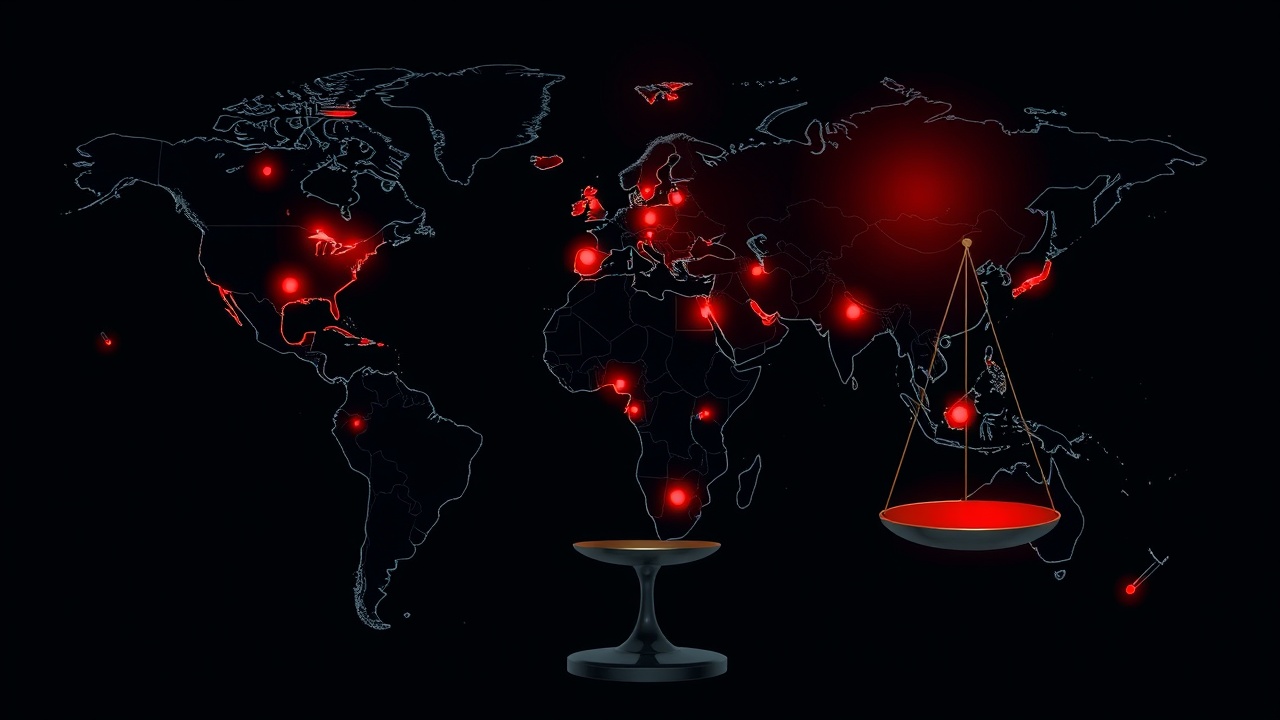Financial Action Task Force (FATF) Update
As part of its recent plenary meeting, the Financial Action Task Force (FATF), an essential intergovernmental organization focused on combating money laundering, the financing of terrorism, and proliferation finance, has revised its list of countries with significant deficiencies in these areas. This update emphasizes the importance of strong anti-money laundering (AML) and counter-terrorism financing (CFT) protocols for financial institutions, particularly in the United States.
Role of FinCEN
The Financial Crimes Enforcement Network (FinCEN) has urged U.S. financial entities to take the FATF’s updated evaluations into account when developing their policies related to risk management and compliance obligations. Institutions are specifically reminded of their due diligence responsibilities towards foreign financial institutions (FFIs) and are required to have robust systems in place to detect potential money laundering activities, particularly concerning correspondent accounts linked to FFIs.
Requirements for Money Services Businesses
In addition, money services businesses (MSBs) face similar mandates regarding their relationships with foreign entities, as specified in FinCEN Interpretive Release 2004-1. MSBs must implement risk-appropriate controls to safeguard against anti-money laundering and terrorist financing risks without jeopardizing their relationships with clients.
Monitoring and Compliance
The FATF also monitors these jurisdictions closely, and financial institutions must stay alert to United Nations (UN) sanctions, as these guidelines and requirements are critical to maintaining compliance with international standards. The UN Security Council’s resolutions impose certain prohibitions that directly impact how financial institutions interact with at-risk jurisdictions.
High-Risk Jurisdictions
Among the jurisdictions under increased scrutiny is Burma, which has been labeled a high-risk area requiring enhanced diligence. FinCEN has advised U.S. financial institutions to apply stringent measures, especially when dealing with foreign banks operating in non-compliant countries. Similarly, North Korea and Iran are on the FATF’s list requiring countermeasures due to their significant risk factors regarding financial integrity. The U.S. government maintains strict sanctions against these nations, with no allowances for correspondent accounts linked to their financial institutions, emphasizing a prompt and decisive response to national security threats.
U.S. Financial System and Regulatory Compliance
Moreover, the President of the United States issued NSPM-2 on February 4, 2025, aimed at applying maximum pressure on Iran to curtail its nuclear program and support for terrorism, underscoring the need for U.S. financial institutions to adhere to both OFAC and FinCEN regulations concerning transactions with Iran, which are among the most rigorous in the world.
Conclusion and Recommendations
Financial institutions are therefore encouraged to remain vigilant in recognizing transactions that may involve illegally derived funds, as failing to report suspicious activities can lead to significant regulatory repercussions. They must also consider the implications of jurisdictions being removed from FATF lists, ensuring that their risk assessments align with the FATF’s latest determinations. Questions regarding these developments can be directed to FinCEN’s Regulatory Support Section through their official website.




